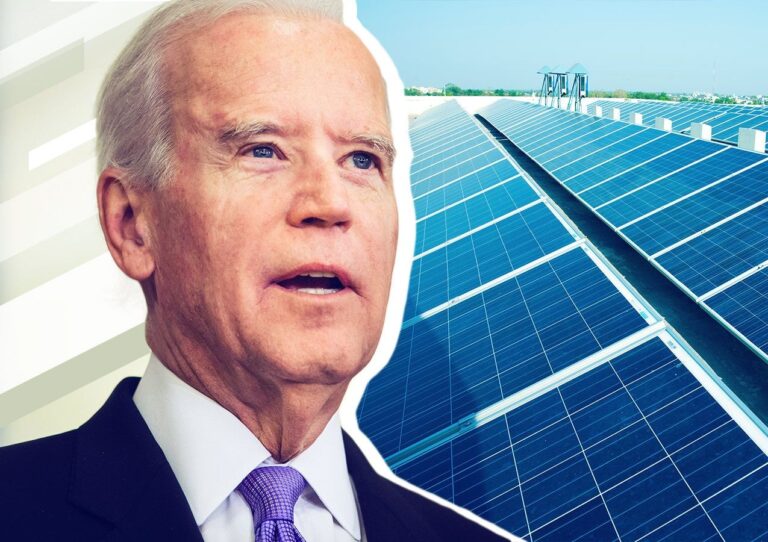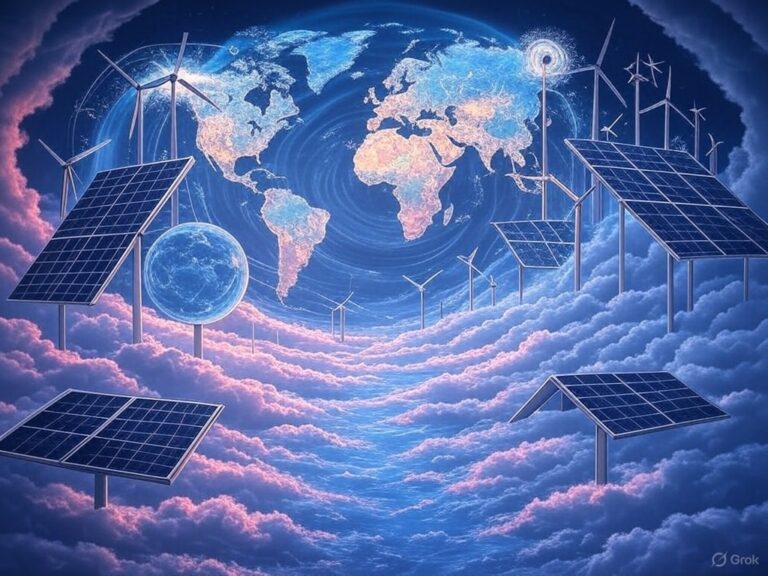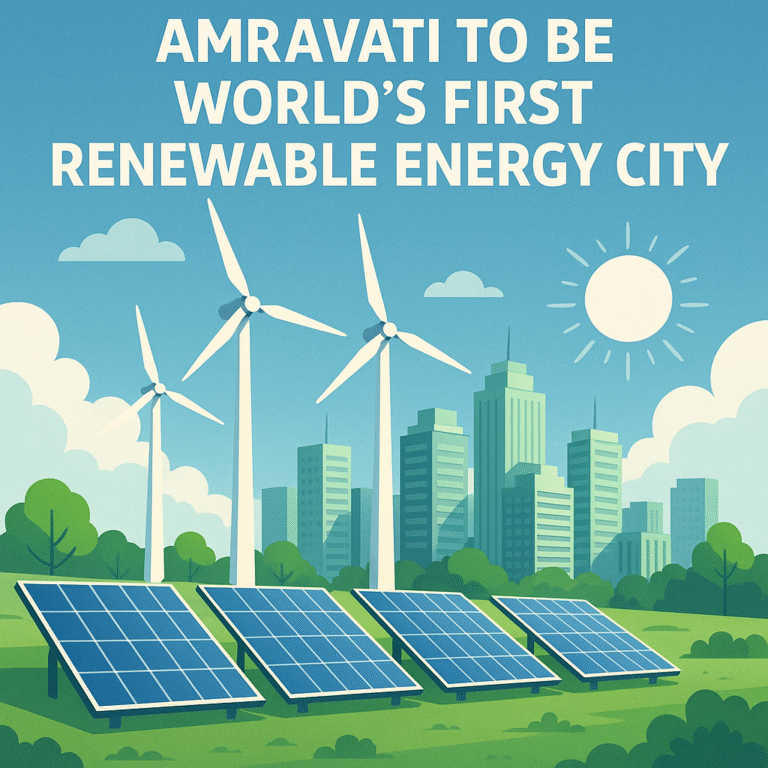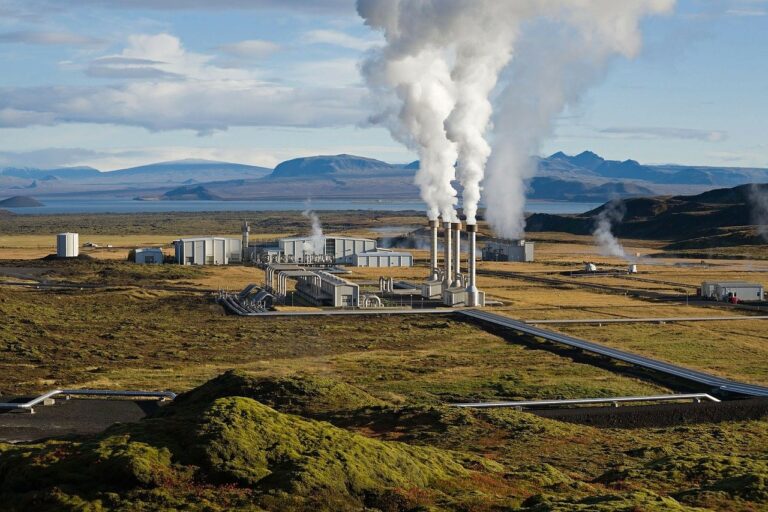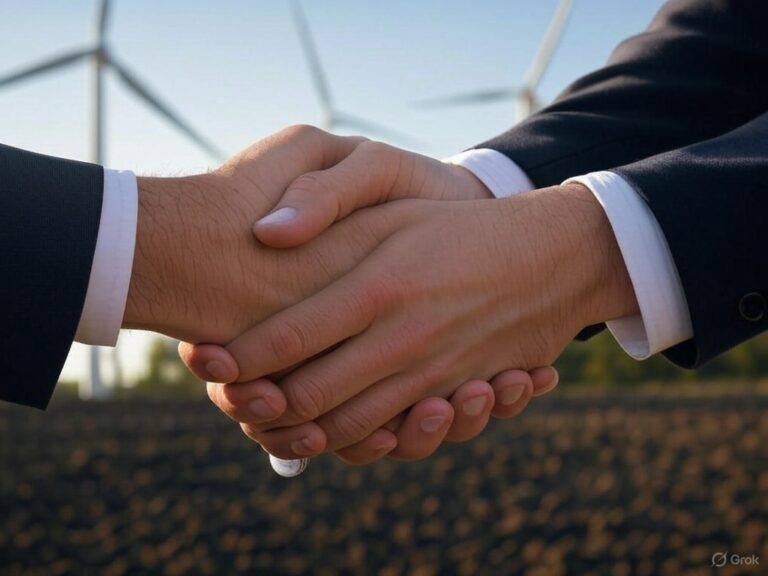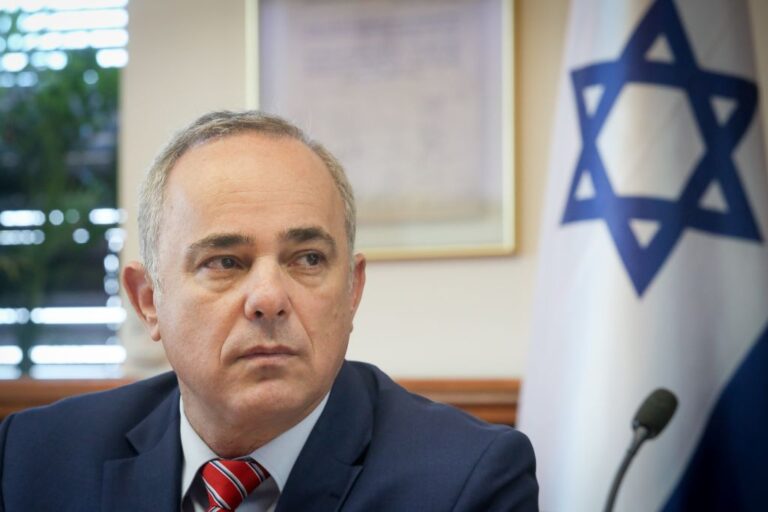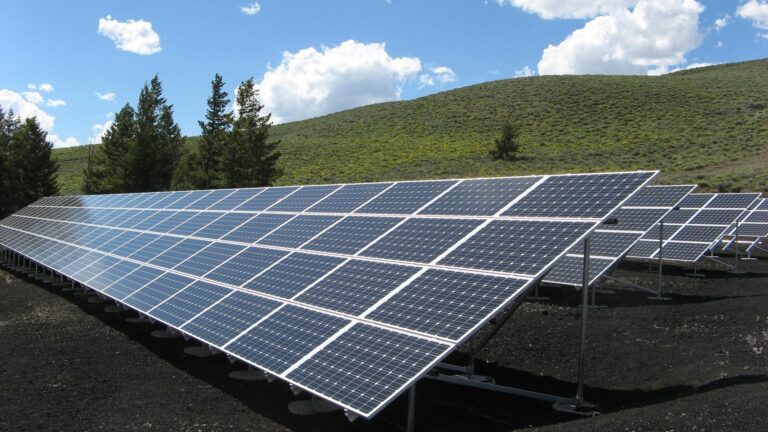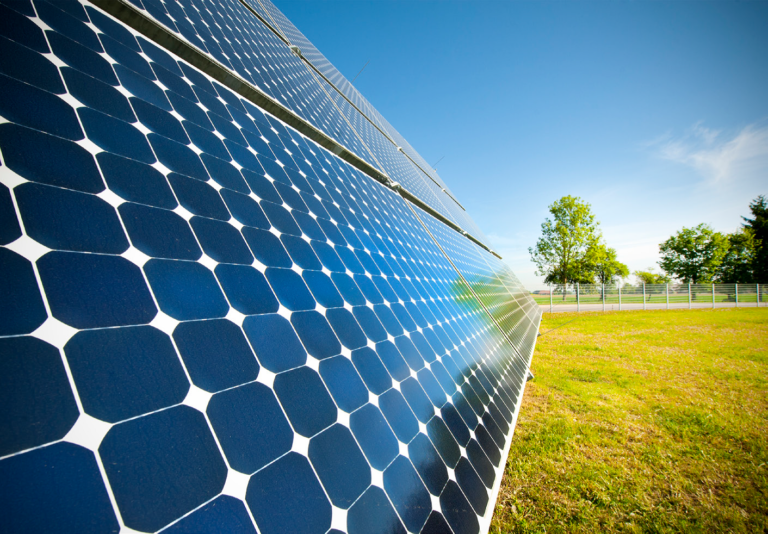The United States officially rejoined the landmark international agreement to limit global warming known as the Paris Agreement on Friday.
Hours after he was sworn in on January 20, President Joe Biden signed an executive order that launched the US’s 30-day process to resume the global compact.
The US officially terminated the agreement at the end of last year on the orders of former President Donald Trump, making it the first and only country to officially withdraw from the agreement since it was passed in 2015.
Impact
Rejoining the Paris Agreement is a significant step by the Biden administration to reverse the climate policies of the last four years, during which Trump rolled back or loosened many of the country’s bedrock environmental policies and regulations.
On Twitter Friday, Secretary of State Tony Blinken called it “a good day in our fight against the climate crisis” and promised that the US would “waste no time in engaging our partners around the world to build our global resilience.”
“Now, as momentous as our joining the Agreement was in 2016 — and as momentous as our rejoining is today — what we do in the coming weeks, months, and years is even more important,” Blinken added in a statement.
What does this mean
Under the agreement, countries are expected to step up their greenhouse gas emissions reduction commitments every five years. The aim of the global pact is to limit global warming to well below 2 ° C and to make efforts to limit it to 1.5 ° C.
Under the Obama administration, the US pledged to reduce CO2 emissions by 26 to 28% below 2005 levels by 2025.
2020 should be the next milestone for nations to increase their greenhouse gas emissions pledges, but the Covid-19 pandemic postponed climate negotiations to November in Glasgow, Scotland.
Biden plans to host a climate summit of world leaders on April 22nd, at which he will implement the U.S. goal of reducing CO2 emissions by 2030 – known as the nationally set contribution under the Paris Agreement.
More to know
Sarawak is accelerating its clean energy ambitions with strong backing from Siemens Energy. With major hydrogen projects, cutting-edge infrastructure, and international partnerships, the Malaysian state is on track to become the "Battery of Asia" by 2035 — leading the way in Southeast Asia’s renewable hydrogen economy.
EU and UK Reaffirm Commitment to Clean Energy Transition at London Energy Summit 2025 In April 2025, London became the epicenter of …
Renewable Energy Generation Set to increase by 84% in the Next Five Years Driven by AI and Global Electrification-Says BloombergNEF’s New Energy …
Introduction: A Historic Leap for Renewable Energy The world witnessed an unprecedented leap in renewable energy deployment in 2024. According to the IRENA …
As cities worldwide race to fight climate change and reduce carbon emissions, one ambitious project in India is grabbing global attention. Amaravati, the …
A tripartite agreement signed to establish India's first geothermal field development project in the presence of lieutenant governor Radha Krishna Mathur in Leh.
Social media a tool to create awareness
© 2021, Renewable Energy 2050. All Rights Reserved.

